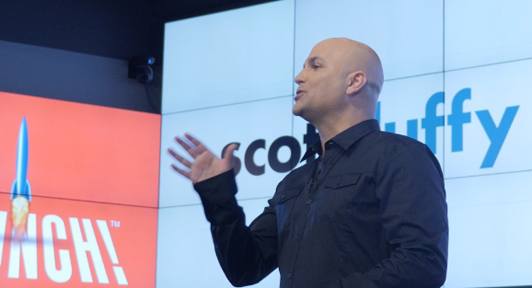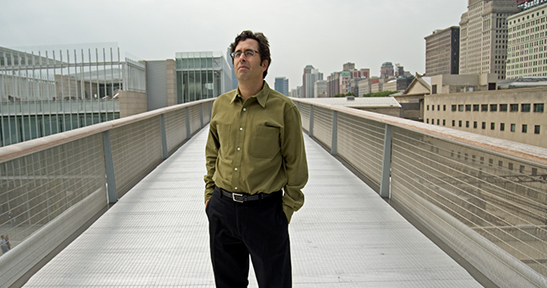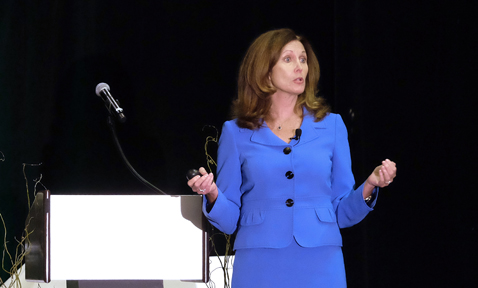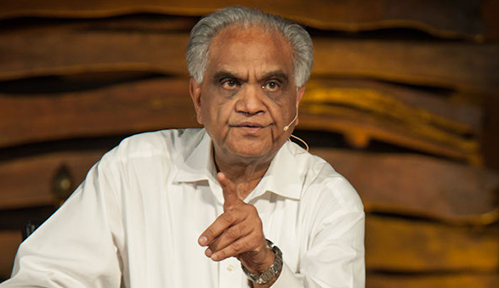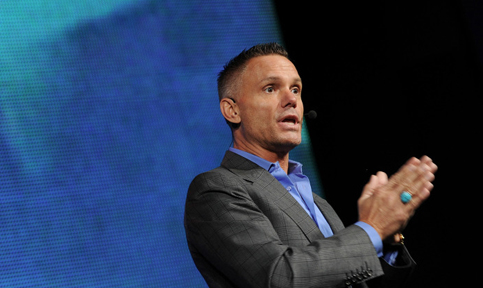
Interview with Robert Richman: Culture Hacking, Relevancy and Values
| The big challenge is to develop a culture that is strongly aligned but also has the freedom to be autonomous. | |
| |
 | What are some of the main challenges organizations face in developing a corporate culture that engages employees? |
 | Change is now the new norm. But constant change can develop massive fatigue, especially when the change is mandated from leadership and everyone else is supposed to get in line. The big challenge is to develop a culture that is strongly aligned but also has the freedom to be autonomous. |
 | What are some of the innovation trends you see emerging within the next ten years? |
 | Innovation as a buzzword is on the way out. It's almost become too easy in the sense that we have the tools to change fast, but how do we know they're the right changes? I believe the word "relevant" will replace innovation. With so many options and distractions, only the most relevant products and services will cut through the noise. |
 | How do you suggest people embrace a value based company? |
 | The first step is understanding that every organization is values based. Values are what drive us. They just might not be the values you want! To make things worse, some teams and individuals may be playing by different values than others. Organizations that realize the power of core values go through a process to articulate them and make them the standard for hiring, firing and progression. |
| More and more culture will be coded, programmed, installed and networked. | |
| |
 | What are some of the ways in which technology drives culture? |
 | We spend so much of our time on computers and phones that the language that drives those devices will drive culture. An easy example is how powerful social networks have become. While networks have existed in biology for a long time, it's technology that's brought them to our everyday awareness. More and more culture will be coded, programmed, installed and networked. |
 | Could you give us three tips for designing a customer service framework that guides all employees, yet honors the artistry necessary for every interaction? |
 | The first rule to design any kind of framework is to talk to the people who will be using it. You could have the best framework in the world but if people don't have input and a choice, they'll reject it.
Second is to be very open about what's possible but be very clear on what is not acceptable. It's much better to be strict about what's not allowed than to prescribe what should be done. Third would be to test, in a small way (the way I outline in the beta section of my book, The Culture Blueprint). Immediately launching a big initiative can be disastrous. |
 | How do the core values at Zappos.com work so well? |
 | Core values (or any system) works well when there's integrity behind it. For values, that means the organization hires and fires by it. People are very clear on how they guide behavior and how the consequences of violating them are very severe. |
 | What are some of the counter intuitive principles that drive innovation? |
 | Innovation is not driven by ideas. It's driven by problems - well defined problems. Einstein is attributed with the quote - "If I had an hour to save the world, I would spend 55 minutes defining the problem." It's amazing how often we try to solve things without clearly understanding what's not working.
|

